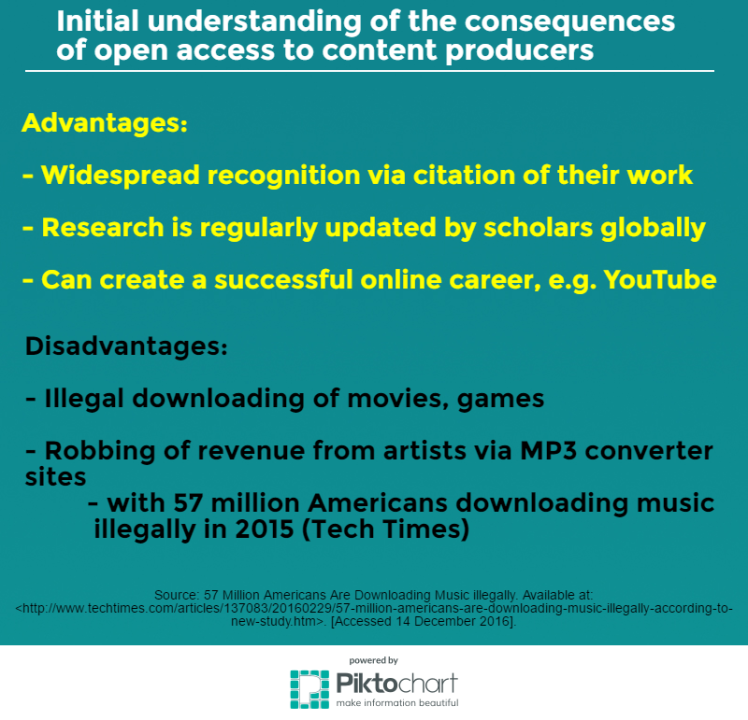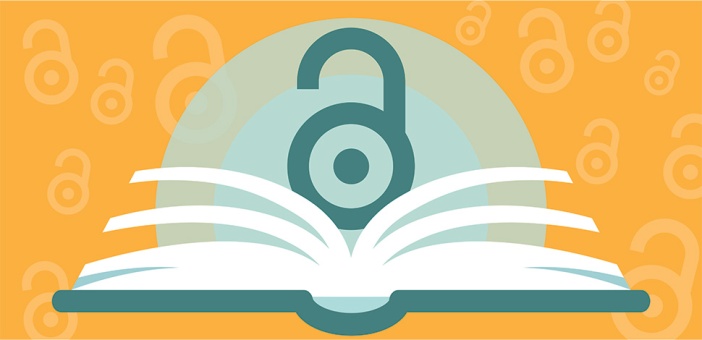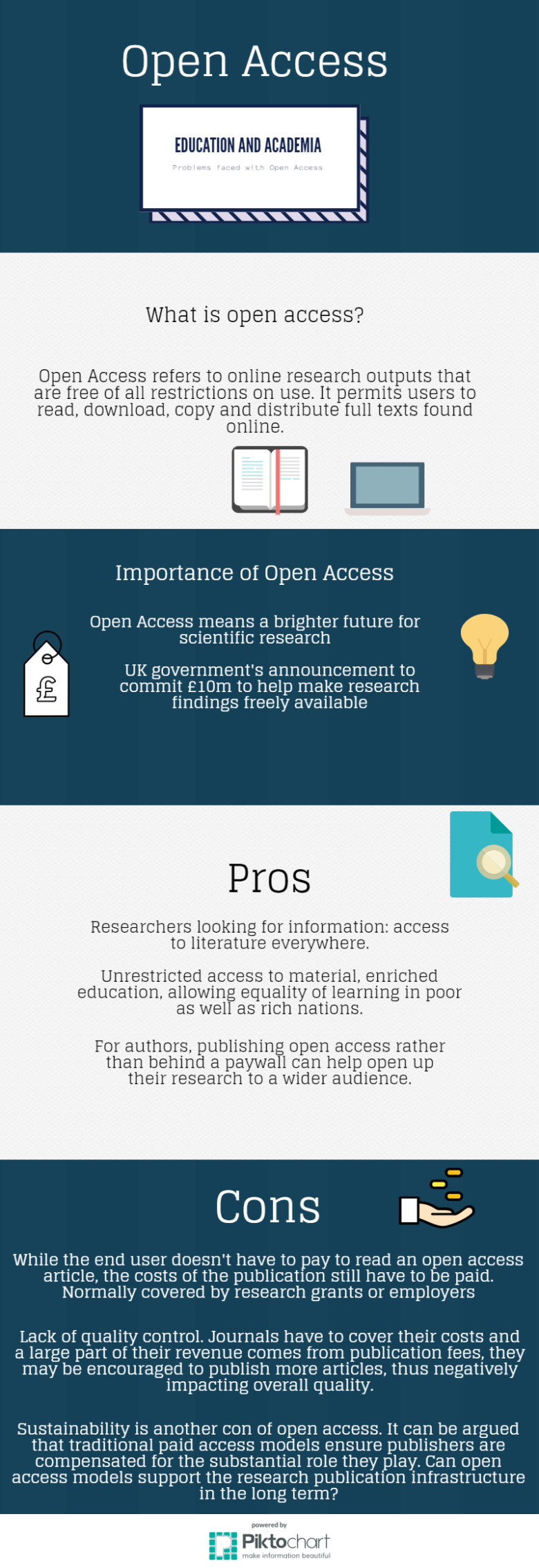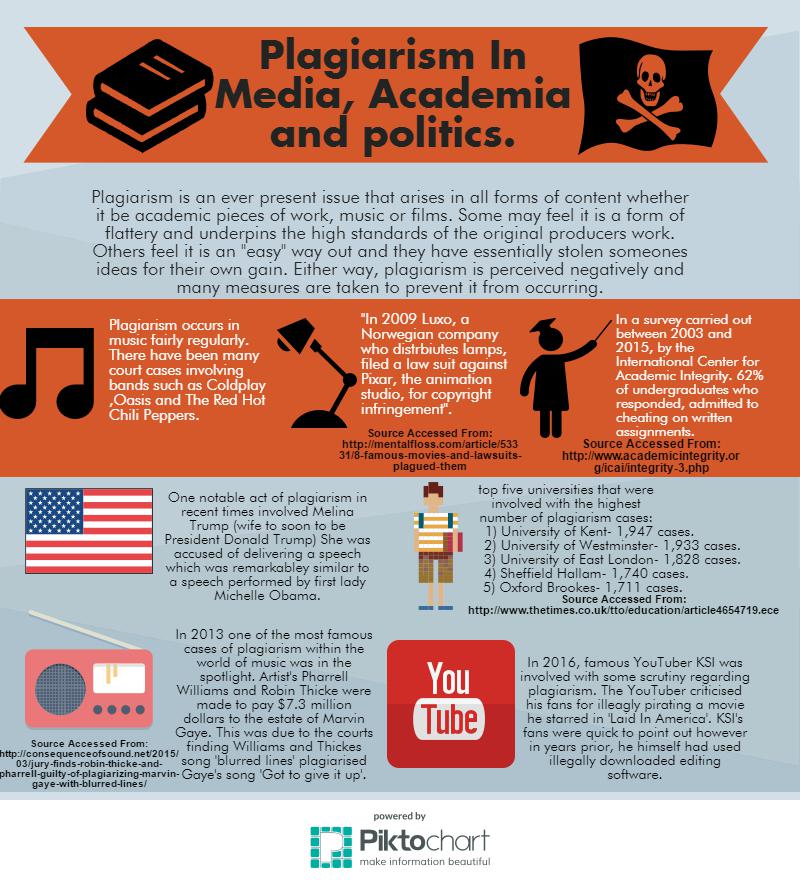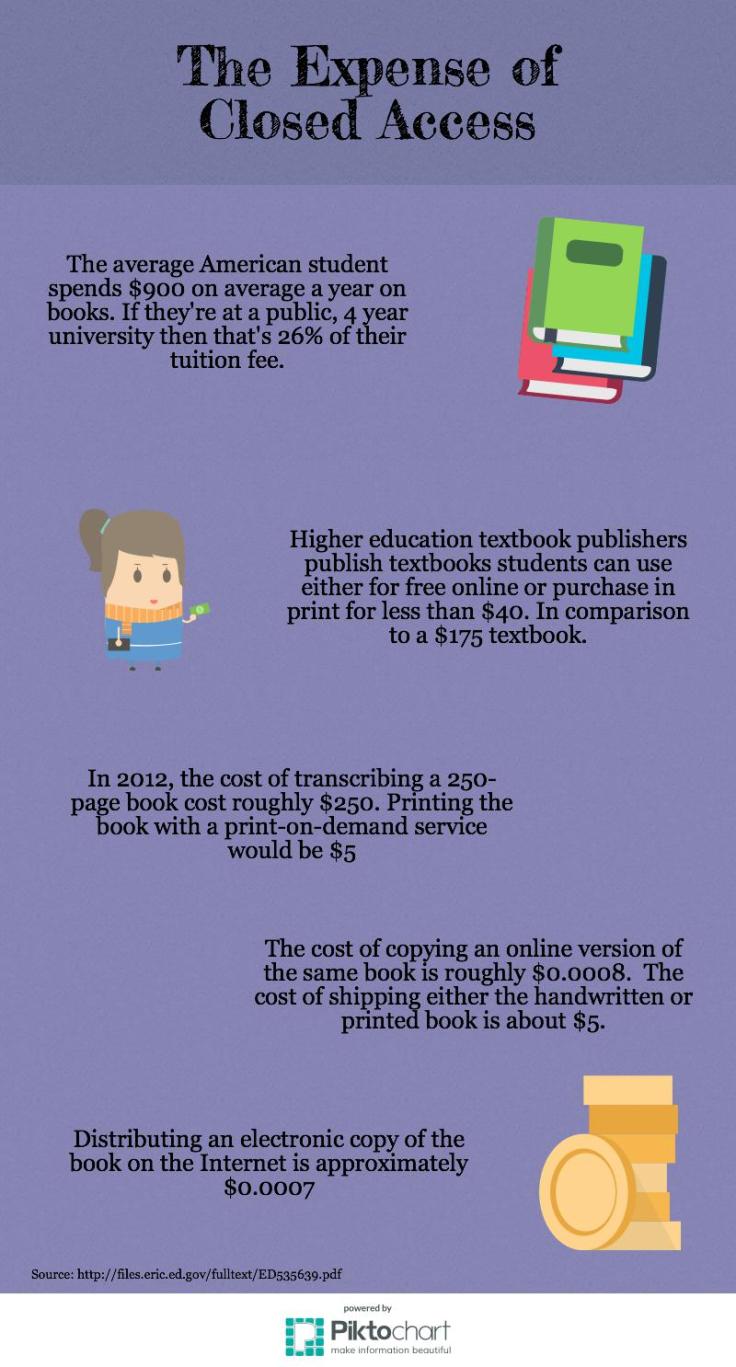
Reflection on Topic 5
The future of education should not be reliant on researchers being able to purchase their way through all these paywalls. It is impossible to expect our country to make any advances if they put up these barriers to prevent academics collaborating. When researching my university dissertation, I have come across numerous amounts of journal papers voicing the importance of education for an economy and that education is the driving force for economic growth and welfare.
Continue reading →

